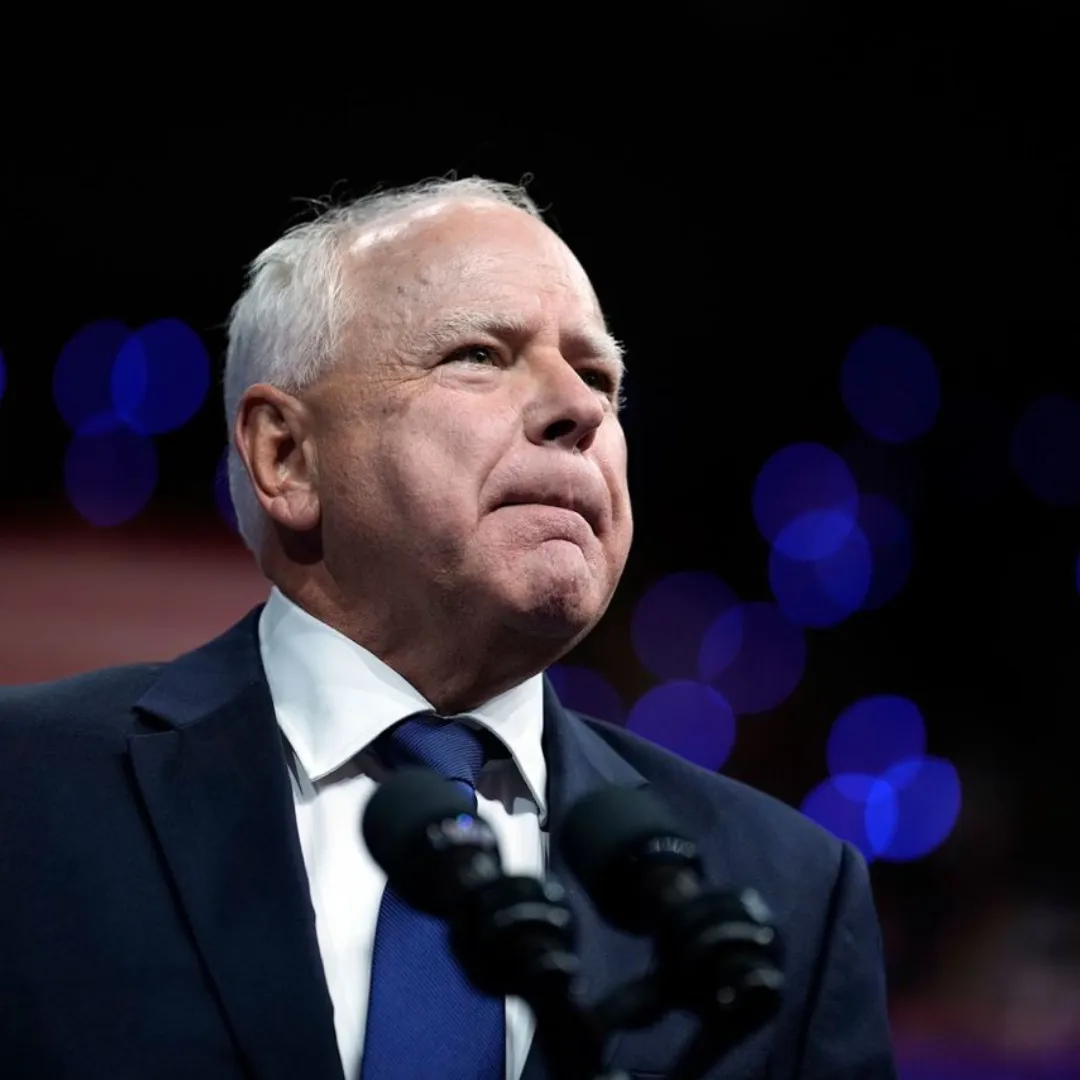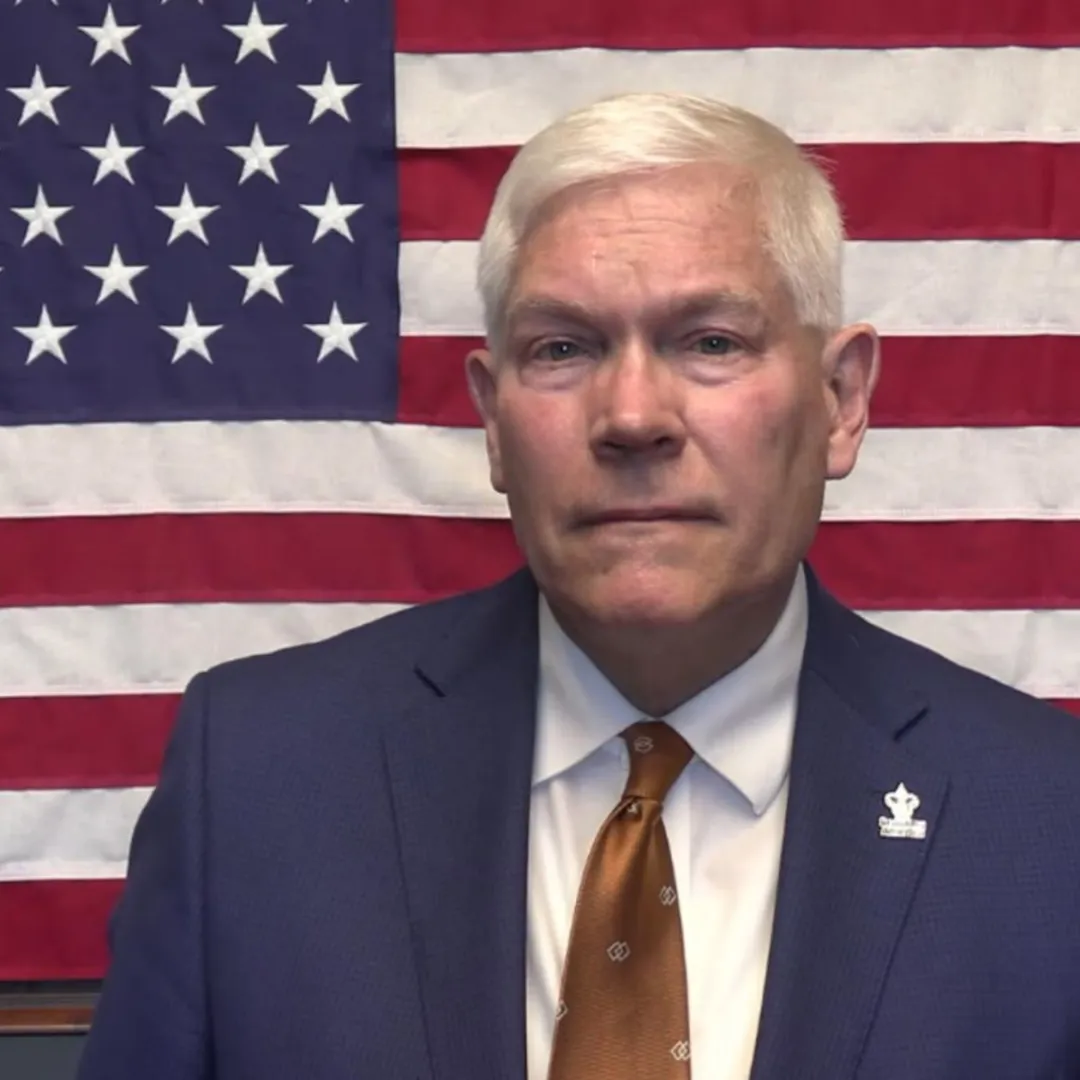
The revelation that Jeffrey Goldberg, the editor-in-chief of The Atlantic, was included in a secret group chat detailing Pentagon plans for military strikes against Houthi forces in Yemen has sent shockwaves through Washington, D.C. Lawmakers from both sides of the aisle are now calling for a full congressional investigation into the breach, with many accusing the Trump administration of gross negligence and mishandling sensitive national security information.
In the wake of the bombshell report, House Minority Leader Hakeem Jeffries (D-N.Y.) has raised alarm over the implications of such a breach, stating that it is imperative for Congress to investigate what happened, why it happened, and how to prevent similar incidents in the future.
Jeffries did not shy away from delivering a scathing critique of the administration’s handling of classified information, labeling it as “reckless, irresponsible, and dangerous.” His words echoed the concerns of many lawmakers who feel that this breach is part of a broader pattern of negligence within the Trump administration.
“Congress has a role to play here,” Jeffries said to reporters on Monday, following the release of The Atlantic’s investigation. “There should absolutely be a congressional investigation so that we can understand what happened, why did it happen, and how do we prevent this type of national security breach from ever happening again.” Jeffries emphasized the need for accountability, insisting that “this is reckless, irresponsible and dangerous.”
The report by The Atlantic revealed that Goldberg had been invited to join a group chat on Signal, an encrypted messaging platform that is not typically used by government officials to discuss sensitive military matters. The chat, initiated by someone identifying themselves as Mike Waltz, Trump’s national security adviser, contained discussions about the Pentagon’s plans for missile strikes on Houthi rebels in Yemen.
As Goldberg continued to follow the conversation, it became clear that he was part of a highly confidential discussion, with key figures such as Vice President Vance, Secretary of State Marco Rubio, and Defense Secretary Pete Hegseth sharing sensitive information about the operation.
The Pentagon’s plans, as outlined in the group chat, included details about the weapons systems to be used in the strike, the specific targets, and the timing of the attacks, which were set for March 15. These details, according to the report, were shared with little regard for the possibility that someone outside the intended circle of government officials could gain access to them.

The National Security Council (NSC) confirmed the authenticity of the messages on Monday, but a spokesperson for the NSC, Brian Hughes, downplayed the significance of the breach. Hughes claimed that the incident demonstrated the “deep and thoughtful policy coordination” between senior officials and that the ongoing success of the Houthi operation showed there was no immediate threat to American troops or national security.
However, many Democrats remain unconvinced. Jeffries, along with other members of Congress, has criticized the administration for failing to ensure the proper handling of sensitive information.
The breach has raised serious questions about the security protocols in place within the Trump administration, especially considering that the contents of the group chat were not only classified but were also available to someone outside of government. The fact that a journalist was included in this conversation, even if inadvertently, raises troubling questions about the effectiveness of the systems in place to protect national security secrets.
Jeffries, who has long been a vocal critic of the Trump administration, did not shy away from pointing the finger at key officials involved in the breach. Though he did not name names, he took aim at Defense Secretary Pete Hegseth, calling him “the most unqualified person ever to lead the Pentagon in American history.”
Jeffries accused President Trump of filling his administration with “unqualified” individuals, prioritizing loyalty over experience and competence. “We were promised that Donald Trump was going to hire the very best. It’s all phony,” Jeffries charged, condemning the administration for its lack of professionalism and competence.
The breach is the latest in a series of controversies surrounding the handling of national security information within the Trump administration. As the investigation into the Signal chat continues, many are wondering how such a serious breach could have occurred in the first place.
The fact that classified information was so easily accessible to someone outside of the government is deeply concerning, and it raises questions about the adequacy of the administration’s security measures.

Rep. Jim Himes (D-Conn.), the senior Democrat on the House Intelligence Committee, also weighed in on the issue, suggesting that the officials involved in the breach may have violated the law. Himes, who plans to bring up the matter during the Intelligence Committee’s upcoming “worldwide threats” briefing with top administration officials, called the incident a “brazen violation” of national security laws.
He warned that such breaches could have severe consequences, not only for the individuals involved but also for the safety of American servicemembers.
“If true, these actions are a brazen violation of laws and regulations that exist to protect national security, including the safety of Americans serving in harm’s way,” Himes said in a statement. “These individuals know the calamitous risks of transmitting classified information across unclassified systems, and they also know that if a lower ranking official under their command did what is described here, they would likely lose their clearance and be subject to criminal investigation.”
The breach also raised concerns about the Trump administration’s broader approach to diversity and inclusion within the federal government. Jeffries criticized the president for targeting women and minority candidates while placing “incompetent cronies” in positions of power.
He pointed out the disparity between the qualifications of the women and minorities Trump has targeted and the largely white, male officials who have been appointed to key roles. Jeffries argued that this failure to prioritize talent and expertise has contributed to the administration’s failures in handling national security matters.
“You’ve put these people in charge? In a very dangerous world? And then you want to attack communities of color? Attack women? And attack others who are actually very qualified?” Jeffries said. “These people are incredibly unqualified, irresponsible, and they’re jeopardizing America’s national security.”
As the fallout from the Signal breach continues to unfold, the question remains: will Congress take meaningful action to address the systemic issues surrounding the handling of national security information in the Trump administration? Lawmakers from both parties have expressed outrage over the breach, and many are calling for swift action to hold the individuals responsible accountable.

In the meantime, the public’s faith in the administration’s ability to safeguard classified information has been severely shaken. With elections on the horizon, it is clear that national security will continue to be a key issue in the upcoming political battles. Whether the Trump administration can weather this latest controversy remains to be seen, but for now, the focus is squarely on the investigation and what it reveals about the inner workings of the administration.



